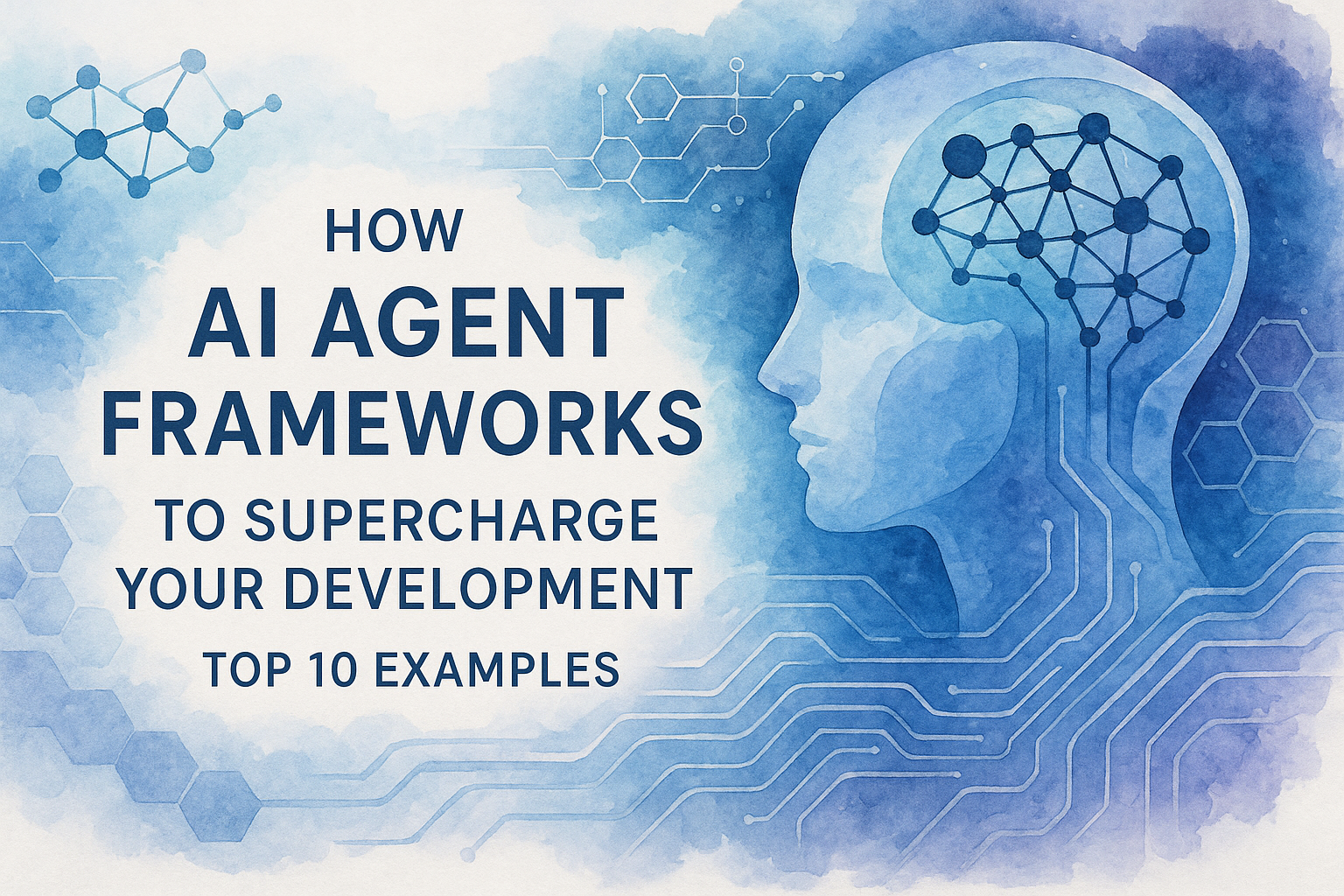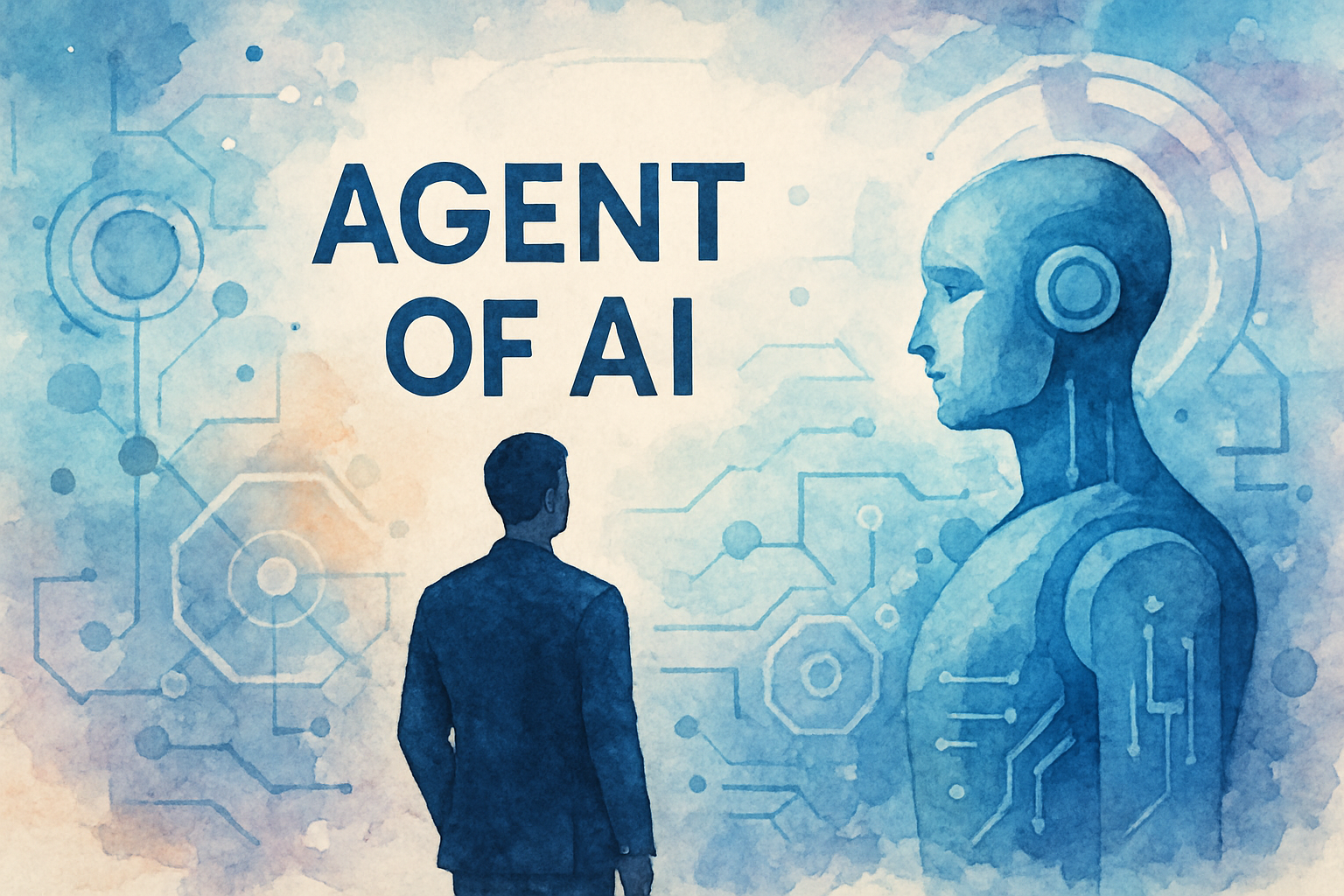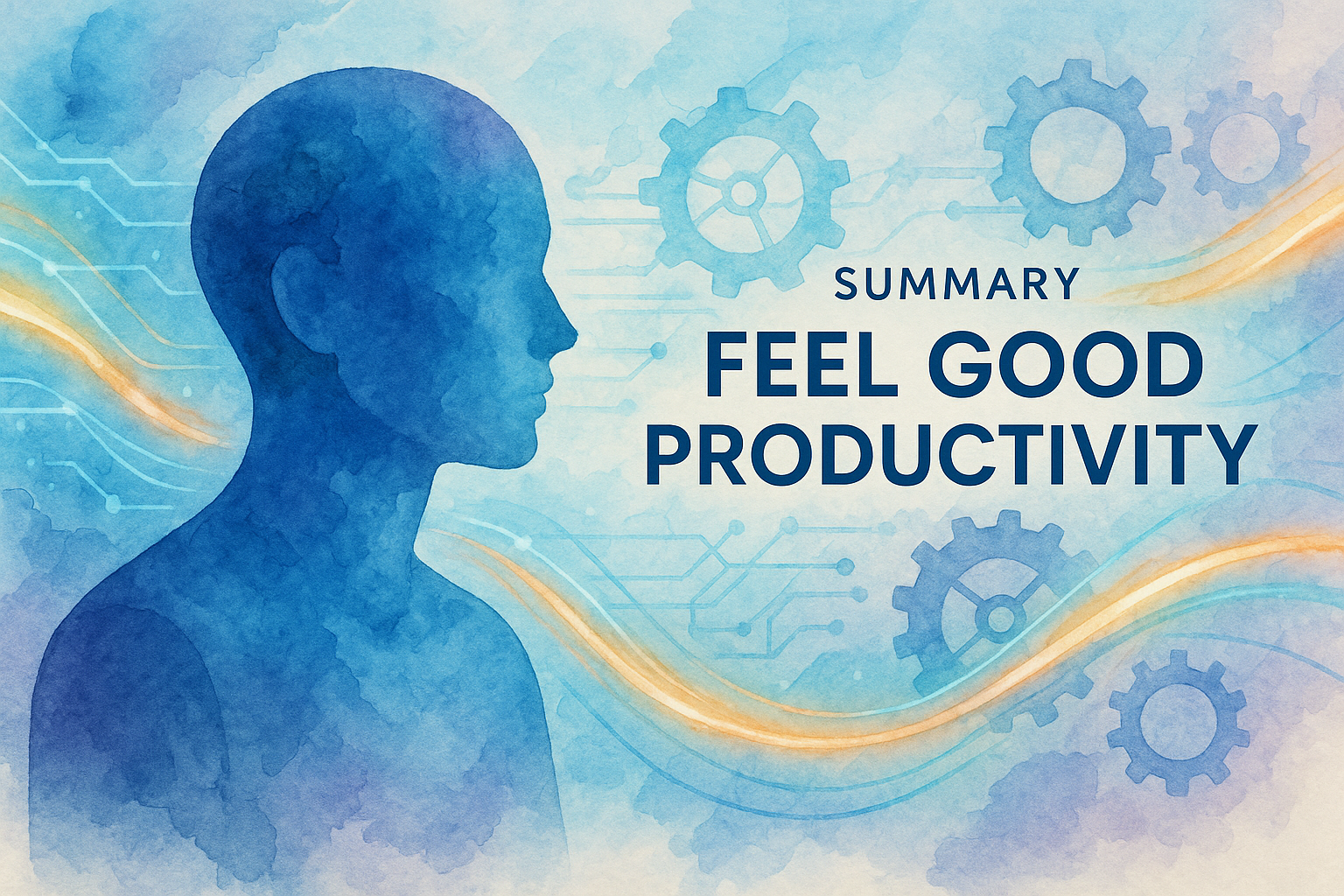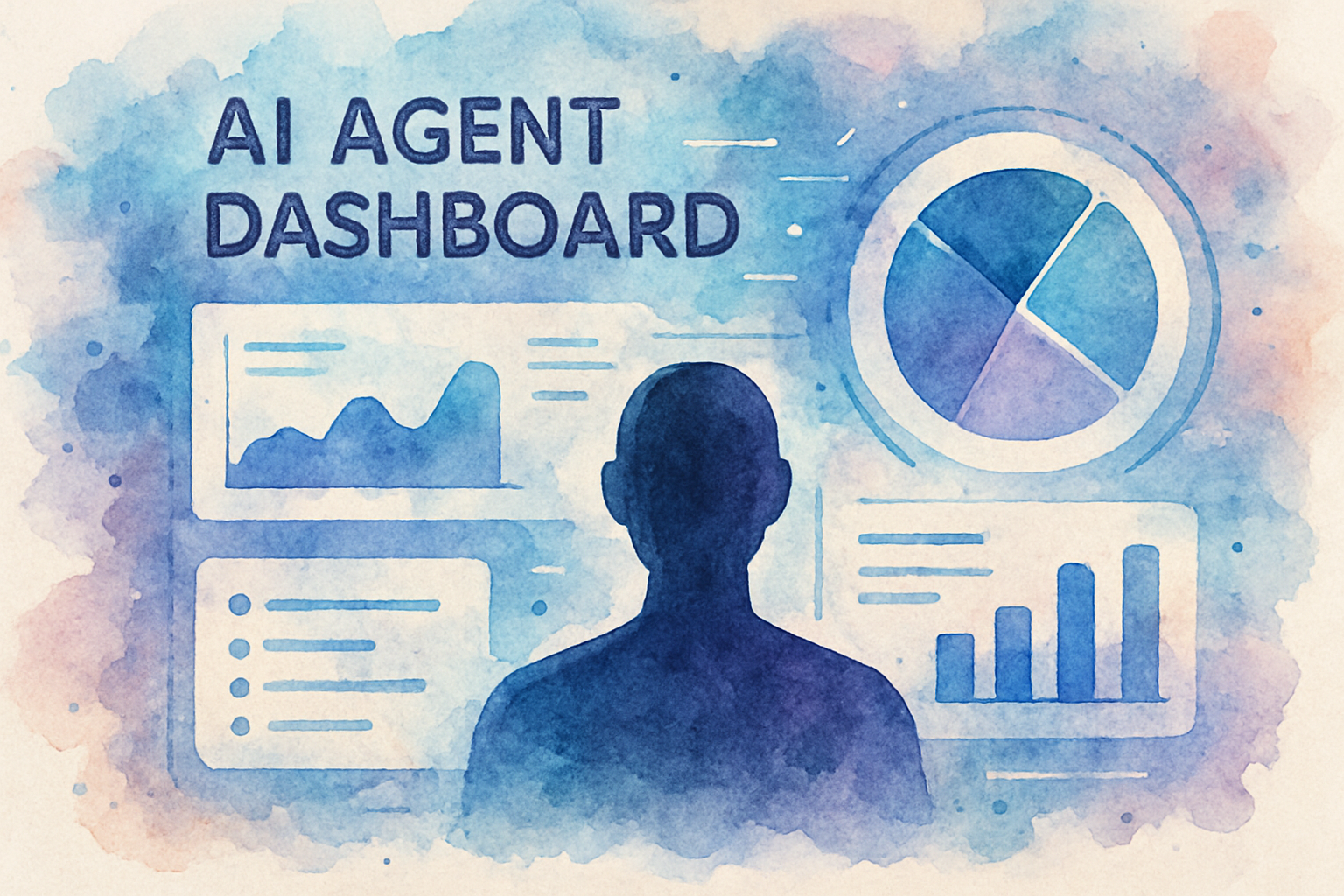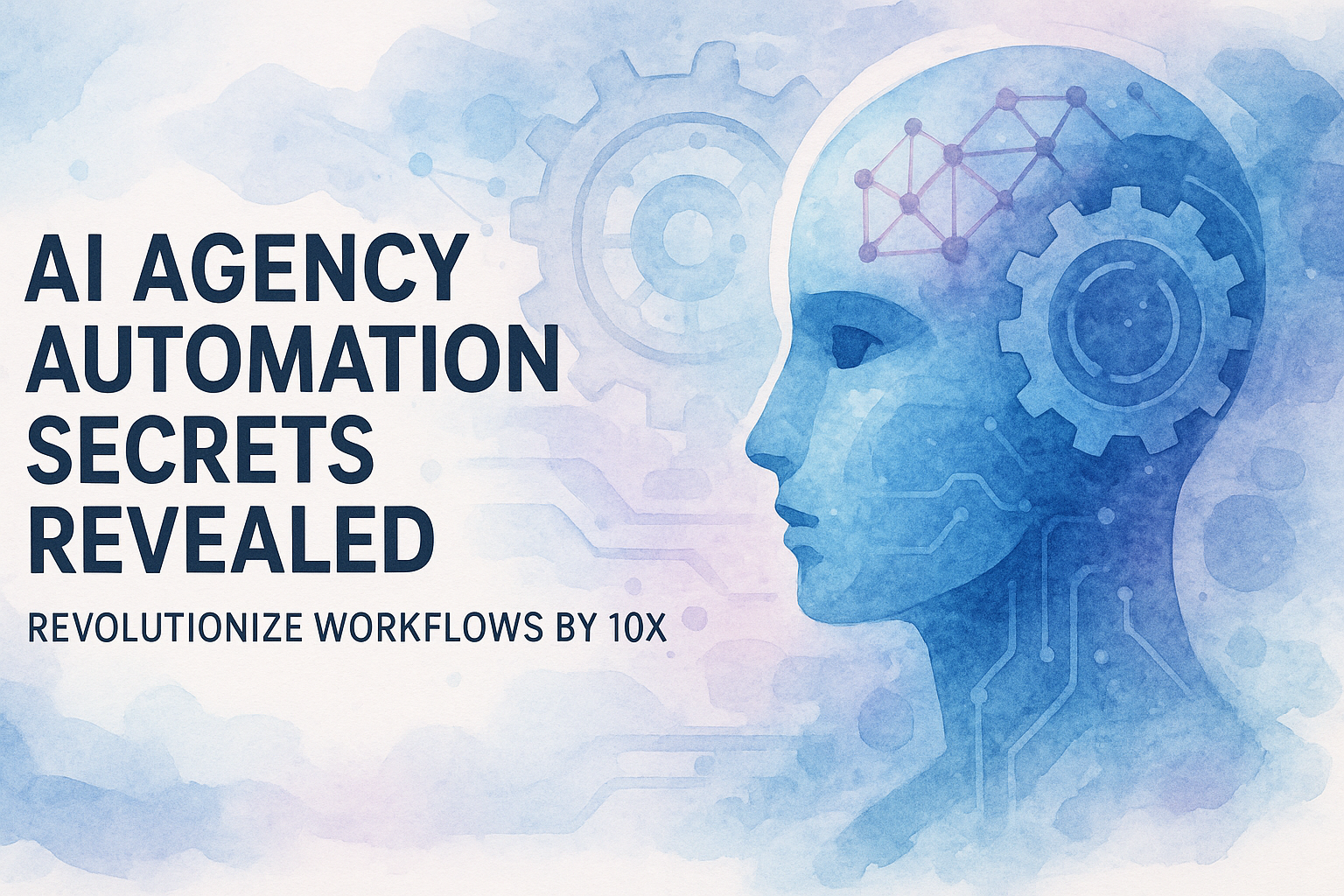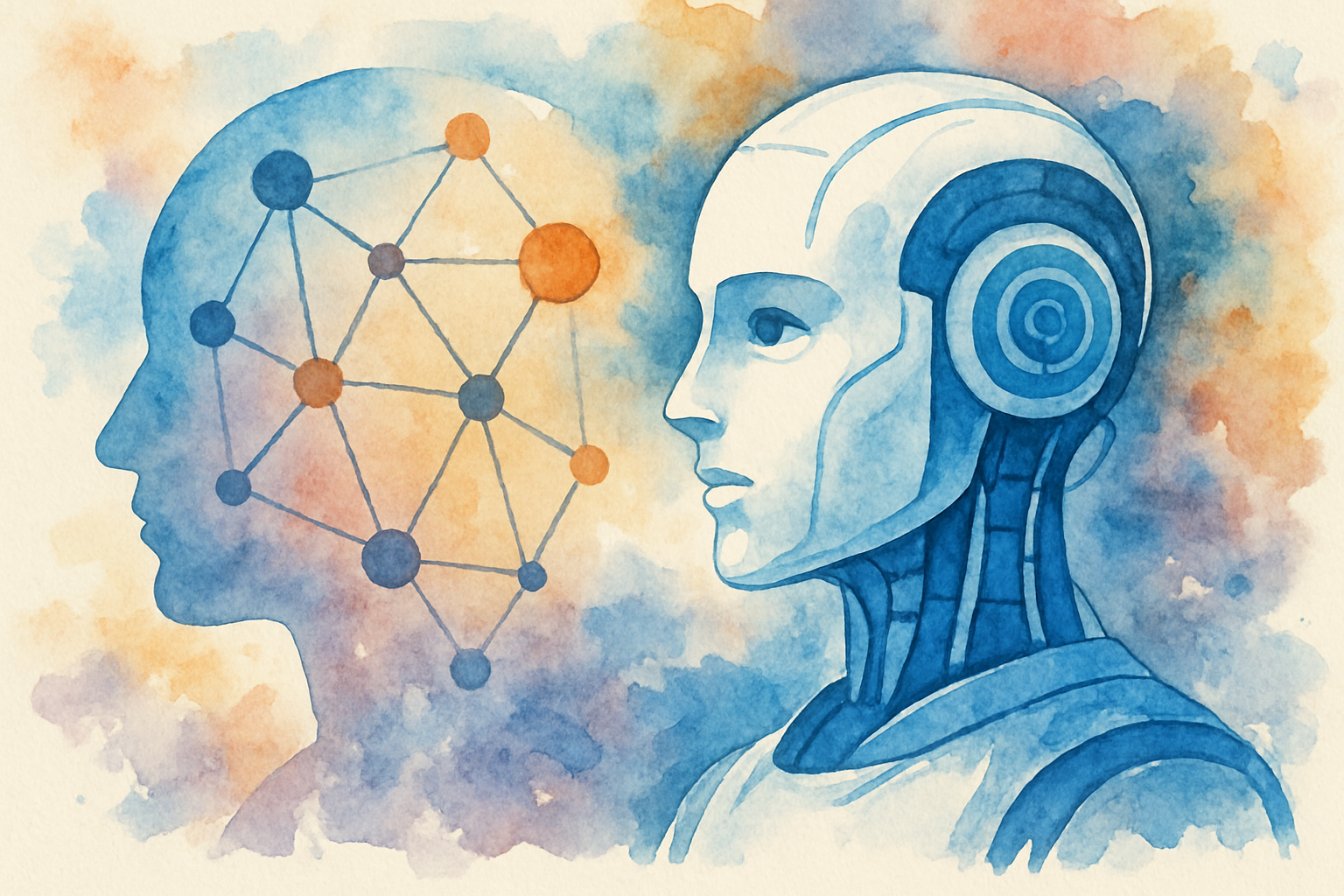Transformative AI Agents 2025: Why is It Important to Start to Use It For Your Business
In the rapidly evolving world of technology, artificial intelligence (AI) continues to push the boundaries of what’s possible. As we approach 2025, AI agents are poised to revolutionize the way businesses operate and market themselves. These intelligent virtual assistants are no longer confined to simple tasks; they’re becoming sophisticated problem-solvers and decision-makers that can transform entire industries.
In this comprehensive guide, we’ll explore the exciting future of AI agents in 2025, their impact on business strategies, and how they’re reshaping marketing landscapes. We’ll delve into the benefits, challenges, and practical implementation of these advanced AI systems, providing you with valuable insights to stay ahead of the curve.
The Rise of AI Agents: A 2025 Perspective
As we look towards 2025, AI agents are set to become an integral part of business operations across various sectors. These intelligent systems are evolving from basic chatbots and virtual assistants to sophisticated entities capable of complex decision-making and strategic planning.
Defining AI Agents in the 2025 Landscape
AI agents in 2025 will be advanced software programs powered by machine learning algorithms and natural language processing capabilities. They’ll be designed to autonomously perform tasks, analyze data, and make decisions based on predefined goals and parameters. Unlike their predecessors, these AI agents will have a deeper understanding of context, emotion, and nuanced human communication.
Key Trends Shaping AI Agents by 2025
- Emotional Intelligence: AI agents will be equipped with sophisticated emotional recognition and response systems, allowing for more empathetic and personalized interactions with customers and employees.
- Multi-modal Interaction: These agents will seamlessly integrate voice, text, and visual inputs, providing a more natural and intuitive user experience.
- Predictive Analytics: Advanced AI agents will leverage big data and machine learning to offer predictive insights, helping businesses make proactive decisions.
- Cross-platform Integration: AI agents will work seamlessly across various platforms and devices, ensuring a consistent experience for users regardless of the touchpoint.
Transforming Business Strategies with AI Agents in 2025
As we approach 2025, AI agents are set to revolutionize the way businesses operate and strategize. These intelligent systems will offer unprecedented capabilities, enabling companies to streamline operations, enhance decision-making processes, and create more personalized customer experiences.
Enhanced Customer Service and Support
By 2025, AI agents will become the frontline of customer service for many businesses. These advanced systems will be capable of handling complex queries, understanding context, and even predicting customer needs before they arise. This shift will lead to:
- 24/7 availability of high-quality customer support
- Reduced wait times and improved response rates
- Personalized interactions based on customer history and preference
- Seamless escalation to human agents for complex issues
Source: Compliance Management: AI-Driven Transformation
Data-Driven Decision Making
AI agents in 2025 will excel at processing vast amounts of data and extracting actionable insights. This capability will empower businesses to make more informed decisions across various departments:
- Sales forecasting and inventory management
- Market trend analysis and competitor benchmarking
- Risk assessment and mitigation strategies
- Resource allocation and budget optimization
Automating Complex Business Processes
As AI agents become more sophisticated, they’ll be capable of handling increasingly complex tasks and processes. This automation will lead to:
- Increased operational efficiency and reduced costs
- Minimized human error in repetitive tasks
- Faster turnaround times for business processes
- Improved compliance and risk management
Revolutionizing Marketing Landscapes with AI Agents
The marketing industry is set for a major transformation as AI agents in 2025 bring new capabilities and strategies to the forefront. These intelligent systems will enable marketers to create more targeted, personalized, and effective campaigns than ever before.
Hyper-Personalization at Scale
AI agents will take personalization to new heights by 2025, allowing marketers to create tailored experiences for individual customers across all touchpoints:
- Dynamic content creation based on user behavior and preferences
- Real-time optimization of marketing messages and offers
- Predictive product recommendations
- Personalized email marketing campaigns with optimal send times
Advanced Customer Segmentation and Targeting
AI agents will revolutionize how businesses segment and target their audience, using sophisticated algorithms to identify and reach the most valuable prospects:
- Micro-segmentation based on behavioral patterns and psychographics
- Predictive lead scoring and qualification
- Automated A/B testing for campaign optimization
- Cross-channel attribution modeling for better ROI tracking
AI-Powered Content Creation and Curation
By 2025, AI agents will play a significant role in content marketing strategies:
- Automated content generation for blogs, social media, and product descriptions
- Intelligent content curation based on user interests and trending topics
- SEO optimization suggestions for improved search rankings
- Visual content creation, including images and videos
Implementing AI Agents 2025: A Roadmap Guide
As businesses prepare for the AI-driven future of 2025, it’s crucial to have a strategic plan for implementing these advanced agents. Here’s a step-by-step guide to help organizations integrate AI agents effectively:
1. Assess Your Business Needs and Goals
- Identify key areas where AI agents can add value to your organization
- Define clear objectives and KPIs for AI implementation
- Evaluate your current technological infrastructure and capabilities
2. Develop a Data Strategy
- Ensure you have access to high-quality, relevant data
- Implement robust data collection and management systems
- Address data privacy and security concerns
3. Choose the Right AI Solutions
- Research and select AI platforms that align with your business needs
- Consider both off-the-shelf solutions and custom-built AI agents
- Evaluate vendor partnerships and support options
4. Invest in Talent and Training
- Hire or develop AI specialists and data scientists
- Provide training for existing staff on AI technologies and applications
- Foster a culture of innovation and continuous learning
5. Start with Pilot Projects
- Implement AI agents in small-scale, low-risk projects first
- Gather feedback and measure results
- Iterate and improve based on initial outcomes
6. Scale and Integrate
- Gradually expand AI agent implementation across departments
- Integrate AI systems with existing business processes and technologies
- Continuously monitor and optimize AI performance
Overcoming Challenges in AI Agent Adoption
While the potential of AI agents in 2025 is immense, businesses will face several challenges in their adoption and implementation. Here are some common obstacles and strategies to overcome them:
Data Quality and Availability
Challenge: AI agents require vast amounts of high-quality data to function effectively.
Solution: Invest in robust data collection and management systems, and consider partnering with data providers to supplement your internal data sources.
Ethical Concerns and Bias
Challenge: AI agents may inadvertently perpetuate biases present in their training data.
Solution: Implement rigorous testing and monitoring processes to identify and mitigate biases. Ensure diverse representation in AI development teams.
Integration with Legacy Systems
Challenge: Many businesses struggle to integrate AI agents with existing technologies and processes.
Solution: Develop a comprehensive integration strategy, considering API-based solutions and middleware to bridge the gap between AI agents and legacy systems.
Employee Adoption and Resistance
Challenge: Employees may feel threatened by AI agents or resist changes to their workflows.
Solution: Communicate the benefits of AI agents clearly, provide comprehensive training, and involve employees in the implementation process to foster buy-in.
Conclusion: Embracing the AI Agent Revolution
As we look ahead to 2025, it’s clear that AI agents will play a pivotal role in shaping business strategies and marketing landscapes. These intelligent systems promise to revolutionize customer interactions, streamline operations, and unlock new levels of personalization and efficiency.
By understanding the potential of AI agents and preparing for their implementation, businesses can position themselves at the forefront of this technological revolution. The key to success lies in strategic planning, continuous learning, and a willingness to adapt to the rapidly evolving AI landscape.
As you consider the impact of AI agents on your business, remember that expert guidance can be invaluable in navigating this complex terrain. The Crunch is here to help you develop and implement cutting-edge AI strategies tailored to your unique needs and goals.
Ready to harness the power of AI agents and transform your business for 2025 and beyond? Contact The Crunch today to schedule your free consultation and take the first step towards a smarter, more efficient future.
Frequently Asked Questions
Q1: What are the main differences between AI agents in 2025 and current AI technologies?
A1: AI agents in 2025 will be more advanced in terms of emotional intelligence, multi-modal interaction capabilities, and predictive analytics. They’ll have a deeper understanding of context and nuanced communication, enabling more complex decision-making and strategic planning.
Q2: How will AI agents impact employment in various industries?
A2: While AI agents will automate many tasks, they’re also expected to create new job opportunities in AI development, maintenance, and strategy. The focus will shift towards roles that require uniquely human skills like creativity, emotional intelligence, and complex problem-solving.
Q3: What industries are likely to see the biggest impact from AI agents by 2025?
A3: Industries such as healthcare, finance, retail, and customer service are expected to see significant transformations due to AI agents. These sectors will benefit from improved efficiency, personalized experiences, and data-driven decision-making.
Q4: How can small businesses prepare for the AI agent revolution?
A4: Small businesses can start by educating themselves about AI technologies, identifying areas where AI agents could add value, and exploring affordable AI solutions. Partnering with AI consultants or service providers can also help small businesses leverage these technologies without significant upfront investments.
Q5: What are the potential risks associated with widespread AI agent adoption?
A5: Some potential risks include data privacy concerns, job displacement in certain sectors, ethical issues related to AI decision-making, and the potential for AI systems to be hacked or manipulated. It’s crucial for businesses and policymakers to address these concerns proactively as AI adoption increases.



